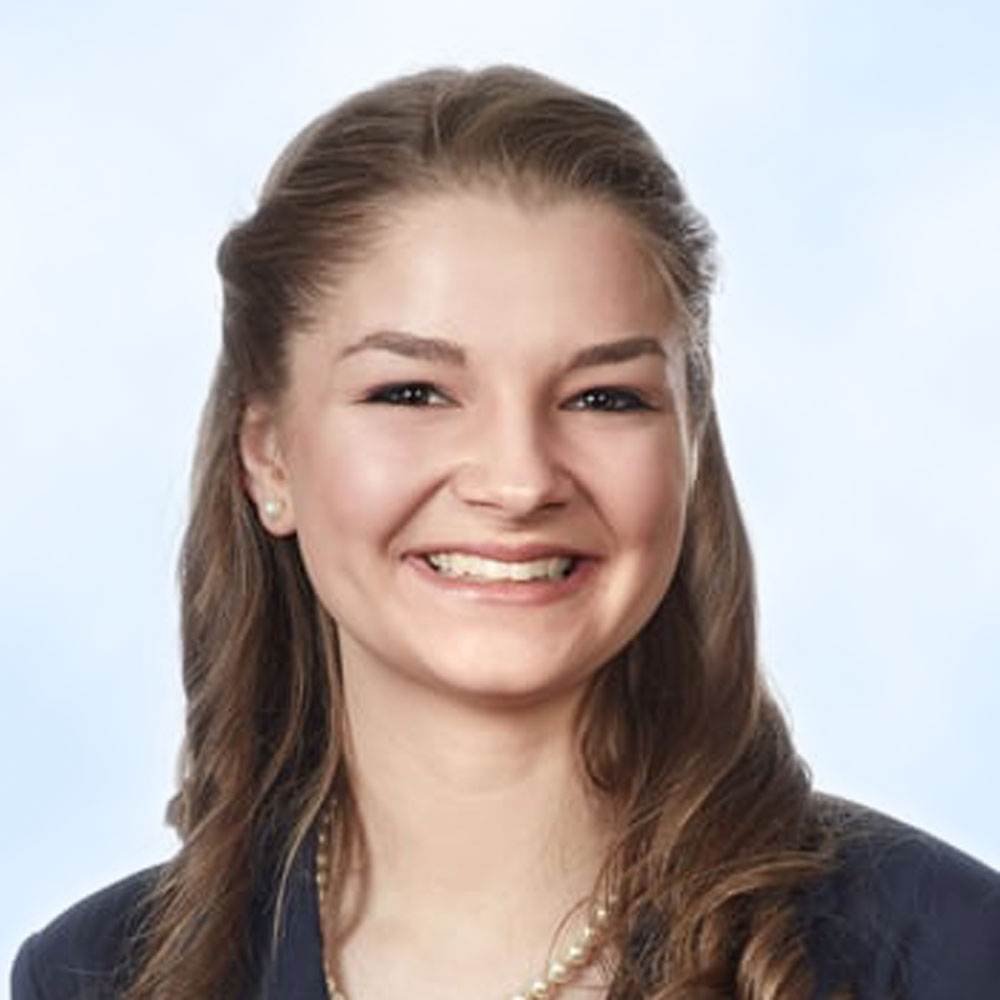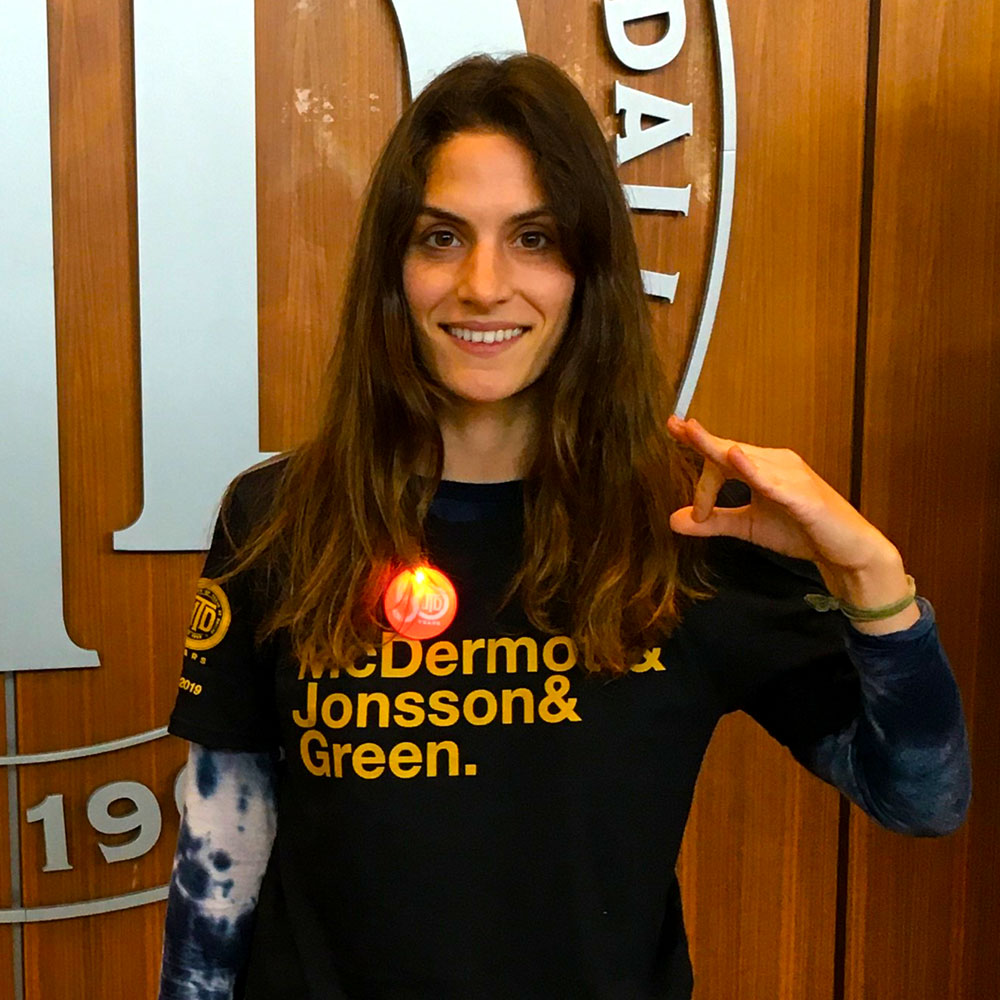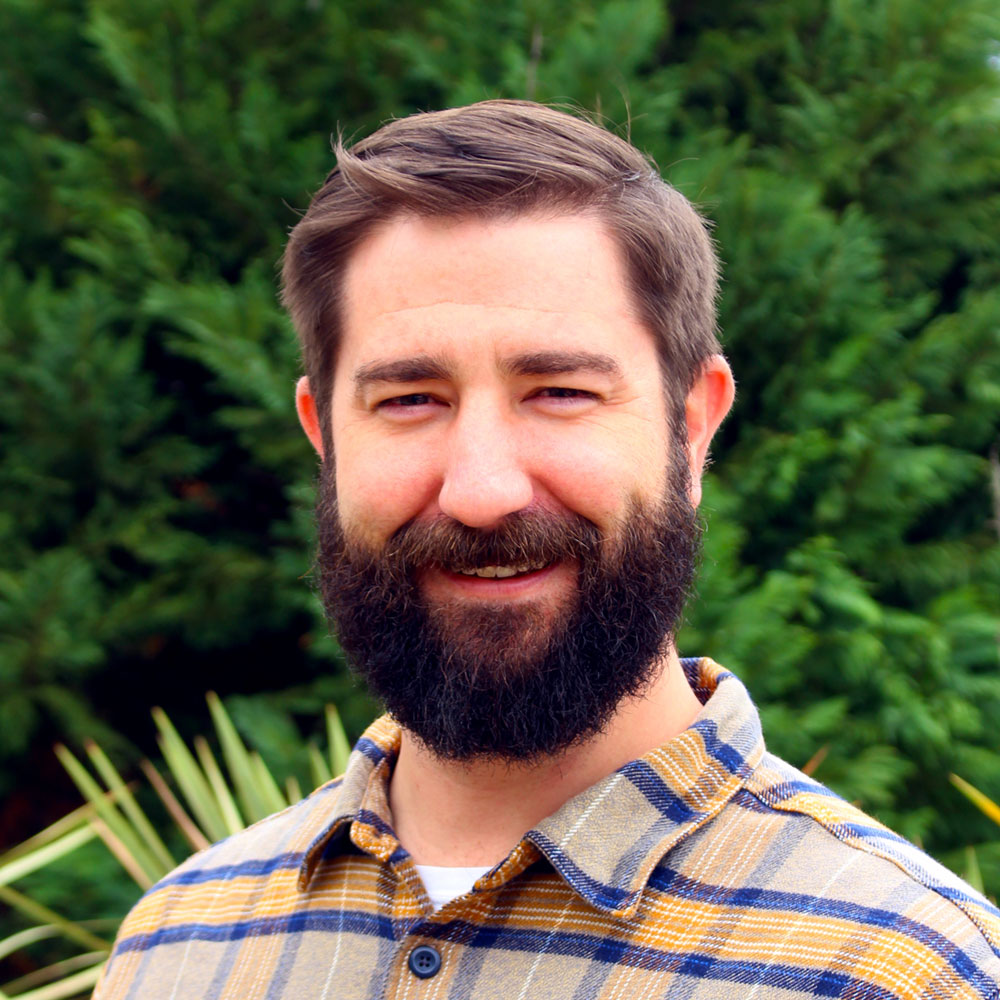The Office of Sustainability’s mission is to engage the UT Dallas community as a catalyst and champion for environmental stewardship and social responsibility while fostering a culture of sustainability evident in all aspects of the campus experience.
From Eco Reps to Eco Leaders
October 25, 2021
The University of Texas at Dallas is preparing students to lead the charge towards a more sustainable future.

Paulina Hruskoci is working as a research and project coordination intern for the Brooking Institution’s Center for Sustainable Development on their Localization of the SDG [Sustainable Development Goal] s project.
Paulina Hruskoci is a busy UTD Junior. She currently works under an Archer Fellowship with the Brookings Institution, is sharing the results of her recent endeavors at global conferences, and hopes to study in South Korea and perform research in Guyana next year. A big part of what set her on this path has been the UT Dallas Sustainability program and her work as one of the University’s Eco Reps on the Sustainable Development Goal (SDG [Sustainable Development Goal] ) Observatory.
First formed in 2017, Eco Reps have become a critical part of UTD’s sustainability efforts. Through the mentoring and guidance of the Office of Sustainability, these students develop leadership skills by directing projects and acting as peer educators. Their time as Eco Reps augments these Comets’ coursework and prepares them to lead in the areas of sustainability that they find most compelling.
In Hruskoci’s case, this 2019 McDermott Scholar and Geospatial Information Systems (GIS [Geospatial Information Systems] ) major already had an interest in sustainability issues. She conducted research into hydraulic fracturing policy under the guidance of Dr. Anthony Cummings. Hruskoci also served on the Green Initiatives and Communications committees of Student Government and worked as a teaching assistant for UNIV 3310: Sustainable Development Goals & Local Action. She credits all of these experiences as important preparation for taking on what would become a very meaningful complement to her studies: the SDG [Sustainable Development Goal] Observatory, a marriage of two different approaches to sustainability which became more than just a report.

Alexandra Adamopoulos, BS’19 [Bachelor of Science in Biomedical Engineering, Graduated 2019] , is now
the sustainability coordinator for Parkland Hospital.
UT Dallas uses the international Sustainability Tracking, Assessment & Rating System (STARS [Sustainability Tracking, Assessment & Rating System] ) from the Association for the Advancement of Sustainability in Higher Education (AASHE [Association for the Advancement of Sustainability in Higher Education] ) to holistically assess its sustainability efforts across four broad categories —academics, engagement, operations, planning and administration— by taking 63 separate measurements across 1,000 data points. In 2019, through the diligent data collection of Eco Rep Alexandra Adamopoulos, BS’19 [Bachelor of Science in Biomedical Engineering, Graduated 2019] , UTD earned an AASHE [Association for the Advancement of Sustainability in Higher Education] STARS [Sustainability Tracking, Assessment & Rating System] Gold rating. Another important sustainability metric, agreed to by the United Nations (UN [United Nations] ) in 2015, was the set of 17 Sustainable Development Goals from the 2030 Agenda for Sustainable Development. The agenda views environmental, economic and social advancements as intertwined and interdependent. Gary Cocke, director of sustainability and energy conservation, has observed that the 17 UN [United Nations] SDG [Sustainable Development Goal] s represent the challenges that this generation of students will face upon graduation, and provide context and meaning to the education they’re receiving; He’s yet to meet a student who wasn’t drawn to at least one of the issues addressed in those goals.

Gary Cocke, director of
sustainability and energy conservation.
Hruskoci built on Adamopoulos’ earlier work using the STARS [Sustainability Tracking, Assessment & Rating System] Aligned methodology, which takes each part of the audit performed for AASHE [Association for the Advancement of Sustainability in Higher Education] and maps it to the the UN [United Nations] SDG [Sustainable Development Goal] s, demonstrating the significance and consequence of the University’s sustainability initiatives. She then took the resulting report one step further, and used it to make the SDG Observatory, a more intuitive and interactive web-based view of the information. This method of presentation highlights specific UTD initiatives in short descriptions that are suitable for a general audience, connecting the numbers with compelling on-the-ground impacts.
The University of Texas at Dallas was the first university in the world to use this methodology, and the work has attracted interest. Hruskoci was recently invited to make a presentation about this project to the Texas Regional Alliance for Campus Sustainability. She and Director Cocke have also been invited to co-present at an upcoming AASHE [Association for the Advancement of Sustainability in Higher Education] conference about their experiences with using the STARS [Sustainability Tracking, Assessment & Rating System] Aligned methodology to create the SDG [Sustainable Development Goal] Observatory. The Brookings Institution has established a worldwide network of cities pursuing the 17 UN [United Nations] SDG [Sustainable Development Goal] s and are developing tools to help with their implementation, so they were thrilled to find a student who wouldn’t just bring them a university perspective, but already had experience with the method.
It’s worth noting that the UT Dallas Eco Reps program is less than five years old, and as new generations of Eco Reps keep building on the work of their predecessors, future UTD students will hopefully have an even greater impact on the planet.
